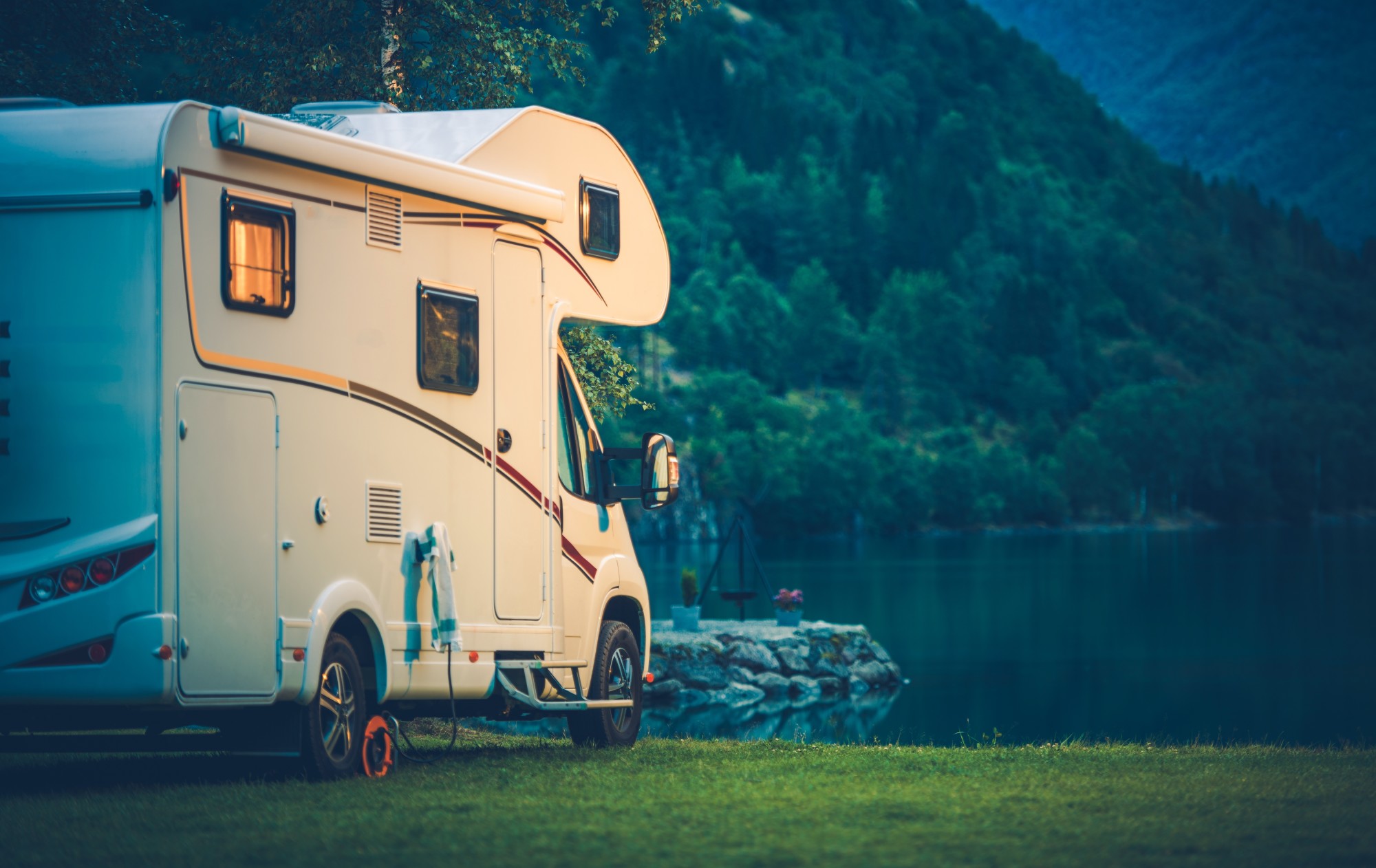
Are you looking to purchase an RV?
While owning an RV can be a lot of fun, it also requires a lot of hard work. Before you purchase an RV, it’s important to understand all of the work you have cut out for you.
Check out this guide to learn everything you need to know about owning an RV.
Understand the Benefits
If you don’t want to deal with the responsibility of ownership, you always have the option to rent an RV. However, there are some important benefits of RV ownership that you should consider before you decide to rent.
Here are some of the top benefits of owning an RV:
- You can live in your RV full-time or travel extensively, saving money on rent, homeownership, or hotel accommodation
- You can experience more remote areas of the country
- RVs allow for spontaneity, as you can hit the road at any time
- RVs offer more comfort than campgrounds
- RVs come with fully-equipped kitchens and other amenities that hotel rooms don’t have
Purchasing an RV is a big financial commitment, but for many people, the benefits of RV ownership outweigh the cost.
Maintenance Requirements
Before purchasing an RV, it’s important to understand that these vehicles require a lot of maintenance, especially if you plan to travel in your RV full-time.
Here are some of the things you need to do to maintain your RV:
- Check the tire pressure and tires
- Clear the roof of any debris
- Tighten battery cables
- Clean air conditioner filters
- Check LP gas lines for leaks
- Retract sides and awnings
- Wax and buff the RV
- Sanitize your freshwater system
- Have the roof seals checked by a qualified technician
- Change the battery in the smoke detector and carbon monoxide detector
Of course, you don’t need to perform these maintenance tasks every day, but RV maintenance will keep you busy year-round.
Know Where to Store Your RV
Unless you’re planning on traveling in your RV full-time, you need to figure out where you’re going to store it when it’s not in use. The most affordable option is to store your RV in your driveway or somewhere on your property, but not everyone has room for this.
Also, depending on where you live, there may be HOA restrictions preventing you from storing your RV at your own place. If you don’t have space on your property to store your RV, you can also keep it in a self storage unit or store it at an outdoor or covered RV storage facility.
While storing your RV at a storage facility will cost you extra money, this is the best way to ensure that your RV stays safe when not in use. You can click here to find out more about RV storage.
Owning an RV: Are You Ready to Purchase?
Now that you know more about owning an RV, it’s time for you to make your purchase. The next step is to look up local RV dealers in your area and figure out what type of RV you want.
Also, be sure to check back in with our blog for more RV-related news and tips.

